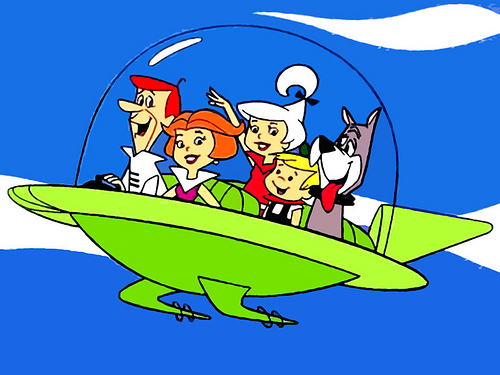What do you say to a student who says your reading blog updates are spam? And what do you say when more than one student sends you an email like this one
Could you please stop spamming me. You are cluttering my inbox and inhibiting me from working.
Now, there are several things bugging me about this email and those like it.
I know that students receive many emails aimed at a general audience and that my weekly email is only a drop in that ocean. Emails about sport they’re not involved in, activities, general information, etc. I get the feeling that these emails are just deleted on a regular basis (or left to gather dust, so to speak). I might be paranoid but I think the emails I’ve been receiving are symptomatic of the way students see staff who work in the school library. Now, I may not be about to describe the situation in your school, but I’ve seen a few school libraries where teacher librarians, librarians and library technicians are considered similarly. To some extent, students don’t consider library staff in the same way they consider teachers. Hence, the email without any greeting or mention of my name – something I’ll bet they would never do to any subject teacher.
Some teacher librarians claim that they teach a class (at least) so that they’re seen as ‘real teachers’. That makes sense. It’s a good idea if you can. Currently I teach a year 7 English class collaboratively on a regular basis, and I enjoy the ongoing relationship with the students, getting to know them in a way I wouldn’t when I come into classes here and there to support information literacy or reading promotion.
But if I taught more classes regularly, I wouldn’t have the time to spread myself around the school, offering my expertise across the curriculum to different year levels at point of need. A teacher librarian’s skills are diverse, and as we keep up with changes in education (which respond to changes in the workplace and the world in general), we have the potential opportunity to become involved in rich ways. As an example, I’ve been teaching within a ning for the first time, experimenting with enriching learning possibilities for the year 7 class I’ve mentioned. I’ve been constantly developing resources within wikis for English and Art, and I’m about to begin the same type of support for Maths and LOTE faculties. This is a time-consuming, out-of-hours, but ultimately satisfying job. I can do it because I’m not having a full load of face-to-face teaching. I love this work, and I believe teacher librarians have a lot more to offer now than they ever used to. I know many colleagues will agree with me on this.
The other thing that I find problematic when I think about the student’s email to me is the view that reading is not relevant to him. Information about books and related films, animation and the such, belong to the library, and are not relevant to this student’s subject-based focus. I think this reflects the problematic nature of developing a reading culture in the school. I started the fiction blog in order to begin to address this very important aspect of school life. I absolutely believe that developing a strong reading culture within the school community, including everyone in that community, is essential to and will have direct bearing on every other aspect of education. For a start, research demonstrates that reading is directly associated with academic results. And why wouldn’t it be? The more you read, the more you understand, the more ideas and perspectives you glean, the broader your outlook and access to diverse information will be, the more you will engage in discussion to further develop your ideas, practise delivery of what you want to say, etc. You get the point.
And yet, reading is still associated with libraries and librarians. That’s what we do. Other people do other things but we just read books. At least that’s the common perception.
This is what I want to change. I take responsibility for perceptions of reading and librarians such as those expressed by the above-mentioned email. I intend to work through this problem until I’ve made some progress. Not single-handedly, of course. My colleagues and I are united on this one. I admit it’s hard not to take emails like this one personally. But I also think that disciplining the student, as important as it is, will not solve the problem. The problem of reading’s relevancy to learning must be analysed, and the approach of the teacher librarian to this problem, as well as to the role of libraries in schools, must be worked through. Otherwise, if we are seen as not being essential, or even worse, irrelevant, to learning and teaching in schools, we’re in trouble.
 Photo from Enokson on Flickr
Photo from Enokson on Flickr






